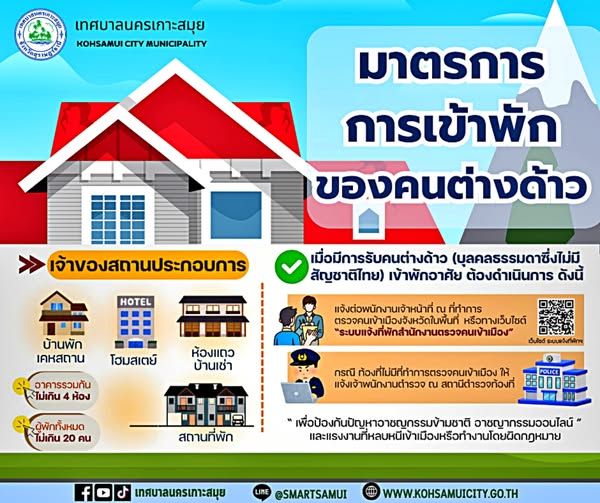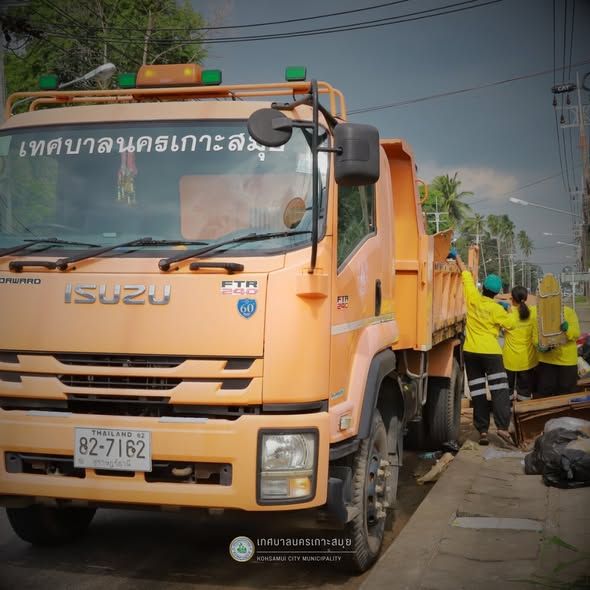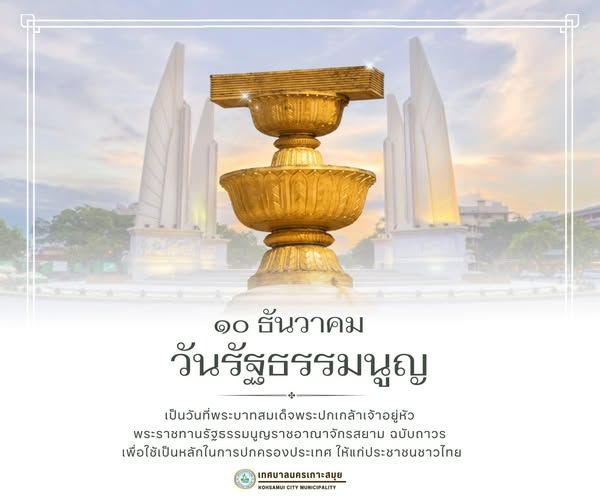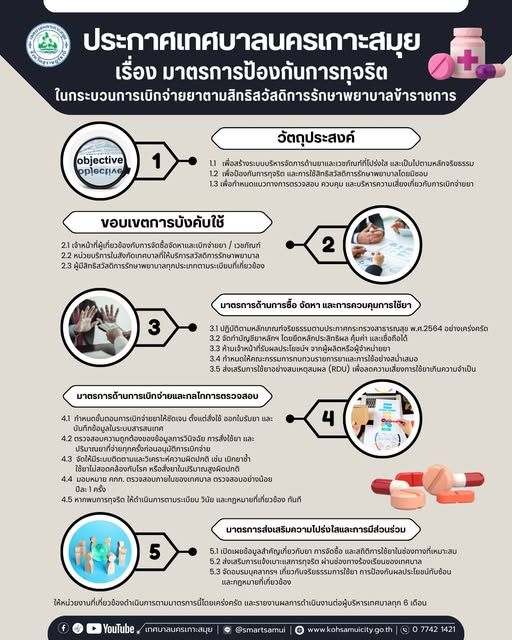Thailand introduces strict new reporting requirements for property owners hosting foreign guests, mandating registration within 24 hours to immigration authorities. Non-compliance could lead to legal consequences, so property owners and hosts must stay informed about these critical new regulations.
ThailandTravel #TravelTips #PropertyOwners #ExpatLife #ThaiImmigration #TravelThailand #VisitThailand #TourismUpdates #TravelSmart #Thailand2023
Thailand has introduced specific measures and guidelines regarding the residence of foreign nationals. These policies are overseen by the Ministry of Interior and aim to enhance the management of foreign residents, improve public safety, and address various crime-related concerns. The following article provides an in-depth overview of the requirements, processes, and implications for property owners, accommodation providers, and foreign nationals.
Scope of the Measures
The guidelines focus on properties used for lodging foreign nationals, such as houses, dwellings, accommodations, homestays, and other premises. The measures specifically apply when:
- The building contains no more than four rooms.
- The total number of occupants does not exceed 20 people.
- The premises are provided as temporary lodging for travelers or other persons.
These requirements are relevant to both residential and commercial property owners who offer short-term stays.
Reporting Obligations for Property Owners
Owners of eligible premises are legally required to report the presence of foreign nationals to relevant authorities. This must be done within 24 hours from the time a foreign national begins their stay. The reporting process can be fulfilled in one of two ways:
- Direct Reporting: Property owners must notify the immigration officer at the Immigration Office in the province where the premises are located.
- Online Reporting: They can use the official Immigration Accommodation Notification System via the portal provided by the Thai government (Immigration Accommodation Notification System).
If there is no immigration office in the locality, the report must be submitted to the local police station.
Step-by-Step Guide to Notification
- Gather Information: The property owner should collect the necessary details about the foreign national(s), including passport information, visa status, and dates of stay.
- Access the System: Log in to the Immigration Accommodation Notification System.
- Complete the Form: Enter all required data accurately, including details about the property and the resident.
- Submit Within Deadline: Ensure the submission is completed within 24 hours of the foreign national’s arrival.
- Keep Record: Maintain confirmation of the notification for future reference or inspection by authorities.
Purpose of the Measures
These measures have been introduced as part of Thailand’s efforts to:
- Prevent and address transnational crime.
- Combat online crime and cyber-related offenses.
- Control and monitor the presence of illegal migrant workers or foreign nationals working unlawfully.
- Ensure better coordination between accommodation providers and law enforcement agencies.
Responsibilities of Accommodation Providers
Accommodation providers—including hosts of homestays, guesthouses, and short-term rentals—are responsible for understanding and complying with these rules. Failure to notify the appropriate authorities within the required timeframe may result in fines or other legal consequences.
Access to Further Information
Additional details, frequently asked questions, and official documentation regarding the reporting requirements can be accessed through the following resources:
Relevant Authorities and Contact Points
- Immigration Office: The primary point of contact for reporting and inquiries within each province.
- Local Police Station: The reporting authority in areas without a local immigration office.
- Ministry of Interior: The government department responsible for overseeing and implementing these residence measures.
Legal Implications
Compliance with these measures is mandated under Thai law. Property owners and managers who fail to report the residence of foreign nationals may be subject to penalties, including fines. Regular audits and inspections may be conducted to ensure adherence to the guidelines.
Practical Recommendations
- Register an account on the Immigration Accommodation Notification System in advance.
- Inform guests about the reporting process to ensure transparency and cooperation.
- Keep updated with any changes or amendments to the regulations by consulting official government channels.
These measures reflect Thailand’s ongoing commitment to public safety and regulatory oversight of foreign nationals residing within the country.
Frequently Asked Questions
FAQ: Residence Reporting Measures for Foreign Nationals in Thailand
What are the new reporting requirements for property owners hosting foreign nationals in Thailand?
Thailand now requires property owners who host foreign nationals—including those running homestays, guesthouses, or short-term rentals—to officially report their guests’ presence to immigration authorities within 24 hours of arrival. This can be done either by visiting the local Immigration Office or submitting the information through the Immigration Accommodation Notification System. If there is no immigration office nearby, the property owner must report to the local police station. Non-compliance may result in fines or other legal actions.
Which properties and accommodation providers are affected by these regulations?
These measures apply to anyone providing accommodation to foreign nationals in Thailand, especially when:
– The building has four rooms or fewer,
– The total number of guests does not exceed 20,
– The premises are offered as temporary lodging (e.g., homestays, private rentals, small guesthouses).
Both private homeowners and commercial accommodation providers offering short-term stays must comply with these rules.
Why has Thailand introduced these measures, and what are the benefits?
The main goals of these new regulations are to:
– Prevent transnational and online crime,
– Monitor the presence of foreign nationals and illegal workers,
– Enhance public safety,
– Ensure better cooperation between property owners and law enforcement.
By enforcing timely and accurate reporting, Thailand aims to maintain security and effective management of foreign residents and visitors.
For more details, refer to the Detailed Guidelines Document or consult your local Immigration Office.




